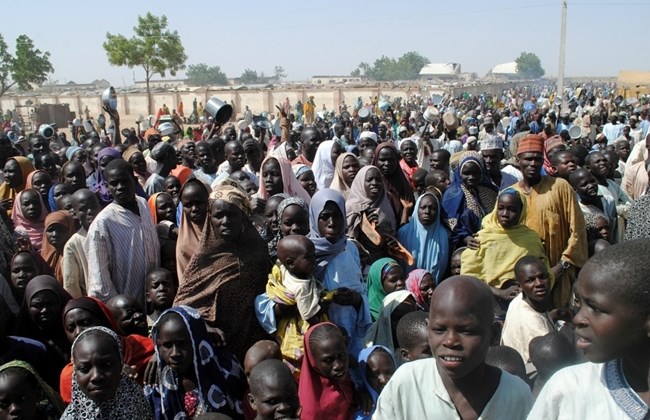There are no products in your shopping cart.
| 0 Items | £0.00 |


BOKO Haram breakaway group the Islamic State in West Africa Province (Iswap) has taken full control of the historic city of Dikwa in Borno State after successfully expelling security forces from there and establishing themselves as the authorities on the ground.
Since breaking away from Boko Haram, Iswap operates by filling gaps in governance and service delivery, rather than just rely on sheer force. It has thus cultivated a level of support among local civilians that Boko Haram never enjoyed and has turned neglected communities in the area and islands in Lake Chad into a source of economic support.
Although Iswap's methods are often violent and coercive, it has established a largely symbiotic relationship with the Lake Chad area’s inhabitants. It treats local Muslim civilians better than its parent organisation did, better than its rival faction, Jama’tu Ahlis Sunna Lidda’awati wal-Jihad currently does now and in some ways better than the Nigerian state and army have done since the insurgency began in 2009.
Among other things, Iswap digs wells, polices cattle rustling, provides a modicum of health care and sometimes disciplines its own personnel whom it judges to have unacceptably abused civilians. In the communities it controls, its taxation is generally accepted by civilians, who credit it for creating an environment where they can do business and compare its governance favourably to that of the Nigerian state.
Dikwa used to be part of the old Borno kingdom before being captured by Sudanese warlord and slave trader Rabih in 1893. Upon conquering it, Rabih built up Dikwa, fortifying it and making the city the capital of his kingdom from 1893 to 1900 when he was defeated by the French colonialists.
In what look like a return to its days as a significant military and trading outpost fought over by the French, British and Germans, Dikwa appears to have become the model city Iswap is using to show it offers more than the Nigerian state. Iswap forces are currently patrolling the streets of Dikwa, asking local residents not to fear as they were not there to kill any civilian.
According to one humanitarian worker in Dikwa, the Nigerian military withdrew from the city yesterday when the attackers came and might be preparing for possible offensive to reclaim control. He added that the Iswap militants set Dikwa Local Government Secretariat complex ablaze this morning at about 8am.
After its capture by the French in 1900, Dikwa was handed over to the Germans in 1902 because of a treaty signed in 1893 between the Germans and the British which stipulated that it become German. Between 1902 and 1916, Dikwa was the capital of what the Europeans called German Borno.
After the First World War until 1961, the Dikwa Emirate were administered by the British under a League of Nations mandate and a United Nations trusteeship agreement. In 1961, after a United Nations plebiscite, the town and the Dikwa Emirate became officially Nigerian after local people in English-speaking Cameroon voted to remain in Nigeria.